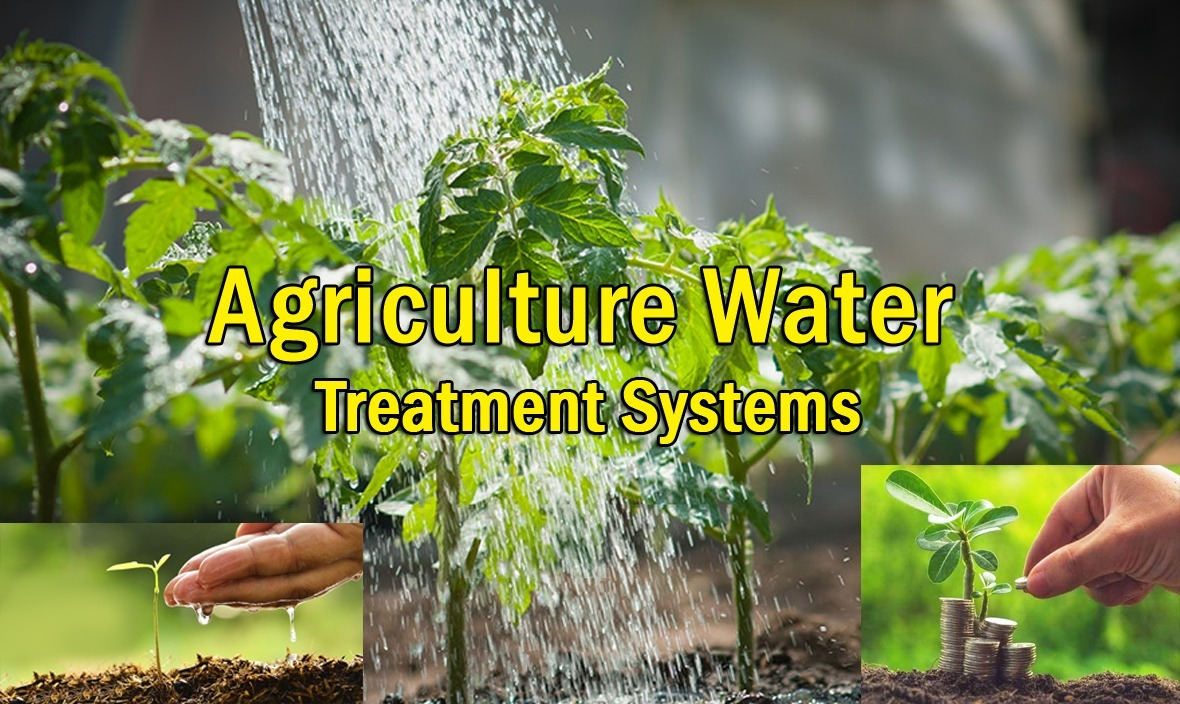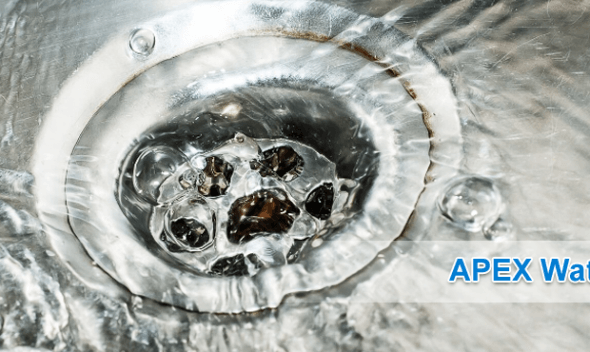The way of farming has changed now – as it is based on new technologies and ways that can increase production and help farmers to step further for organic farming. Paying attention to water filtration systems is equally important. Now, Reverse Osmosis systems or RO systems are making new headlines in farming too. Reverse Osmosis Systems for Agriculture can be a great investment for farmers. Reverse Osmosis systems are used to separate water molecules from other dissolved solids in the water like chemicals, heavy metals, carbonates and more.
Commercial RO systems are larger than Residential RO systems that are used in homes for water filtration. However, their working process is the same. They both use RO membranes to filter the water.
Reverse Osmosis System for Agriculture to Correct Bad Source Water Quality
RO systems are counted as the most reliable farm water filtration systems to correct bad source water quality. In simple words, they are helpful in removing dissolved solids like carbonates and increasing the purity level of water.
 If the source water quality is at 200 to 250 PPM, it becomes a problem. Here, you will come to know the importance of RO or Reverse Osmosis systems for agriculture – innovative agriculture water treatment systems that can lower the PPM value to a great level by filtering water of high PPM Value.
If the source water quality is at 200 to 250 PPM, it becomes a problem. Here, you will come to know the importance of RO or Reverse Osmosis systems for agriculture – innovative agriculture water treatment systems that can lower the PPM value to a great level by filtering water of high PPM Value.
Reverse Osmosis Systems for Agriculture – How Do They Work?
Reverse Osmosis filter systems for farms come with multiple levels of filtration to increase efficiency. They work as water passes through a series of filters prior to reaching the purity level and then it is finally sent to the holding tank.
- As soon as source water enters the farm water treatment system, it goes through a sediment filter to sort out the large solids – mainly to keep finer filters protected from any kind of blockage.
- The water goes through a second & third filter after being filtered for large particles and before being sent to the RO pump.
- The RO pump pushes the water to the actual osmosis filters. The water then reaches the osmosis membranes to filter on a molecular level. In the final phase, the filter sends the purified water into a holding tank.
Setting Up Farm Water Treatment Systems – Plan in the Right Way
Once you are more knowledgeable about the filtration process of Reverse Osmosis systems for agriculture or farm water treatment systems, the most vital thing is to focus on the setup of such systems. You need to plan the right way and consult with experts. Getting quotes from some of the top manufacturers will be an added advantage. They not only guide you but also provide complete setups. We recommend a pre-treatment system to go along with the commercial RO system. The correct pre-treatment system will ensure the membranes are lasting a long time and will also prevent the filters from clogging.





Leave a comment
You must be logged in to post a comment.